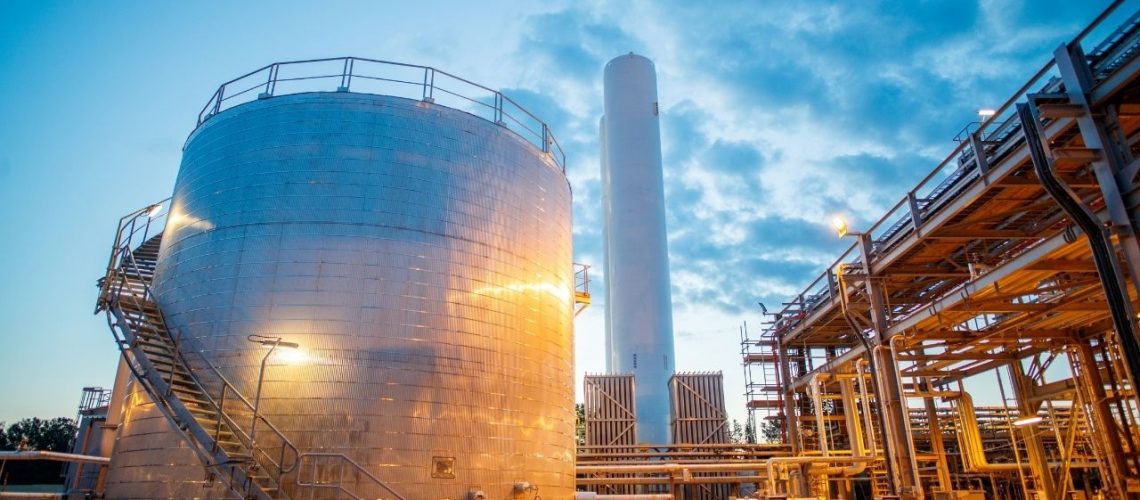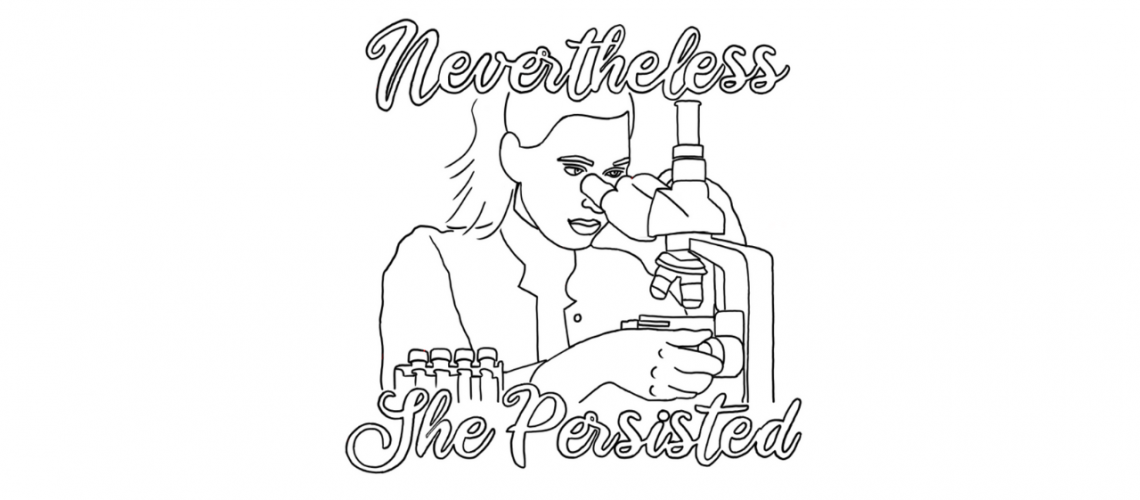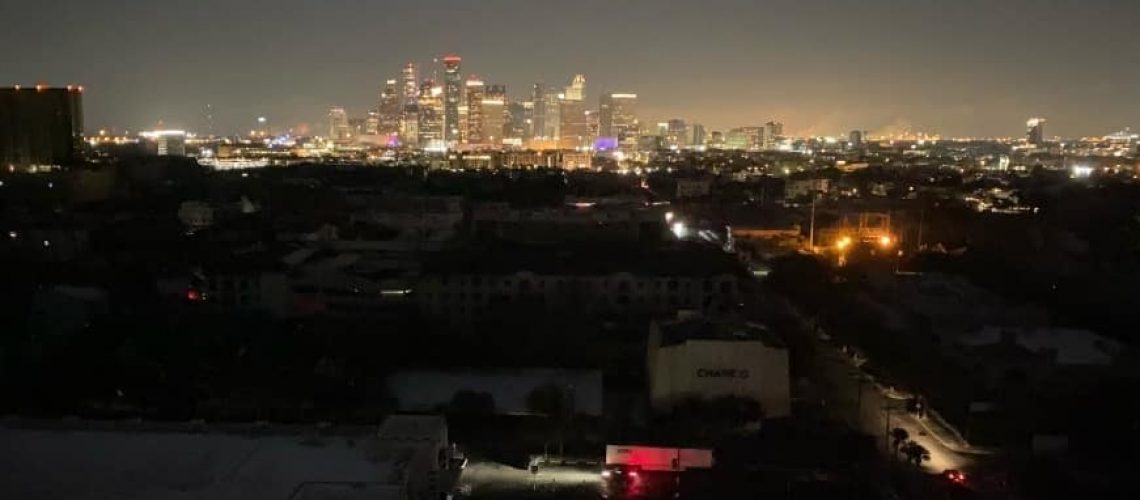On Monday 23rd November 2020, the Colorado Oil and Gas Conservation Commission (COGCC) unanimously voted for sweeping changes to the rules that govern oil and gas permitting in Colorado under SB 181. While a lot will be written about the potential financial impacts to the state, I want to focus on a different aspect of the new rules; public welfare and the environment.
In 2019 the COGCC updated its mission to:
“regulate the development and production of the natural resources of oil and gas in the state of Colorado in a manner that protects public health, safety, welfare, the environment and wildlife resources”.
As a Colorado resident, the COGCC mission seems like a balance of ensuring proper regulation to allow continued development of oil and gas in Colorado while not compromising our community and environment. The 2019 changes to the mission from “foster” to “regulate” has essentially made it challenging for the oil and gas industry to continue development in state in a balanced way, one that allows development to proceed while still protecting the environment and wildlife. Recent attitudes towards the industry by commission staff during the ongoing rulemaking discussions of 2020 exhibit little desire to find a sustainable coexistence or generate balance in the industry, however the two aspects of the mission I want to focus on are public welfare and the environment.
Public welfare
Based on the 2019 Canada-US Energy Sector Competitiveness Survey put out by the Fraser Institute, Colorado is ranked as the worst state in North America to do oil and gas business. Given that this report was put out prior to last month’s rule changes, it doesn’t look like Colorado’s status will be changing anytime soon. As capital for oil and gas investment tightens across all states in North America, it is likely that investors will look outside of Colorado for major investment now that the oil and gas permitting laws have been announced.
According to lawdictionary.com the definition of public welfare is “for the good of society” and can also be expanded to include public, tax-support programs that provide for members of the community that need help. Capital investment is not a given, and if the industry moves its capital investment in oil and gas operations elsewhere, how does the COGCC expect to uphold this portion of their mission statement? Without continued investment in development of oil and gas, current programs supported by oil and gas revenues to the state will no longer be able to be funded. These programs include clean energy development, soil conservation, wildlife conservation, invasive species control and low-income energy assistance for families in need.
Environment
The second aspect is the environment. Climate activists and environmental lobbyists view the changes to the oil and gas development rules as positive for the environment here in Colorado, however, as conscious environmentalists, we should consider the holistic impact of restrictive Colorado rules. Often when we talk about minimizing our environmental footprint in relation to products we buy on a regular basis, like food, the term “shop local” is often used. Not only does this support small businesses, but it also reduces the environmental footprint of transporting goods from outside Colorado for consumption within the state.
The same concept is true for energy. Based on statistics from the EIA, Colorado consumed four times more energy than it produced in 2019, with the difference in production and consumption made up from coal brought in from other states. Colorado’s aggregate energy consumption will not change with the passing of the new rules, and the demand cannot economically be replaced with renewables. If the changes that the COGCC has made to the rules do in fact drive oil and gas development out of state, Colorado is going to have to “import” even more energy to meet the energy demand of the state. How is this better for the environment given that it will increase our footprint, rather than continuing to develop locally?
Colorado cannot regulate oil and gas production and operations in other states. This means that oil and gas imported from other states will potentially have a higher carbon footprint from production than oil and gas produced in Colorado, based on practices adopted by the industry. Given how much flaring is also going on in other producing states, the impact to the environment will not be mitigated by just pushing development to these other states. The environmental groups and the COGCC seem to just be saying “Not In My Backyard” (NIMBY) and just pushing these issues, and increased environmental impact, to other states, without actually fixing them.
Colorado should be seen as the gold standard in terms of clean oil and gas development, although not at the environmental cost of shifting development outside of the state. Oil and gas operators in the state have continued to address and comply with all regulations laid out by the COGCC. Colorado should have investors looking to put money into the state because it shows that they are serious about minimizing their impact on the environment, although unfortunately that is not the case.
Looking ahead
This change in mindset towards clean and low impact oil and gas development in Colorado is only going to come through collaboration between the COGCC and the Colorado Oil and Gas Industry. This collaboration will only come from having open communication and cultivating trust, which is going to take a long time. Now that the updated regulations are set to go into effect on Jan 15, 2021, the COGCC and Colorado’s oil and gas industry should use the new rules to expand efforts to engage local governments and communities in meaningful discussions about the importance of continued responsible development in Colorado.




